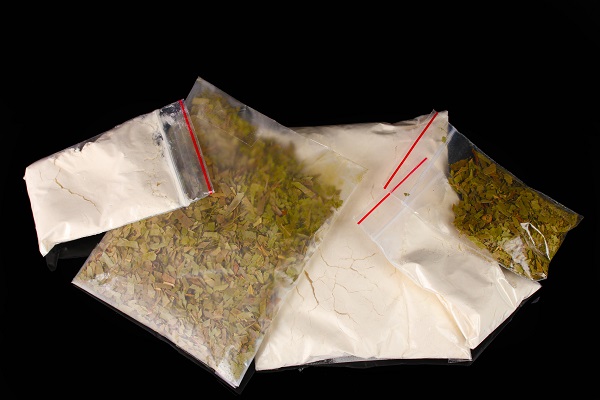You’ve probably heard the expression, “possession is nine-tenths of the law,” which means that if you are found in possession of something, it is difficult to prove that it did not belong to you. This is especially true in criminal cases involving controlled substances. If you are found in physical possession of a controlled substance, law enforcement assumes that it is yours. However, this is not the only way that you can be charged with possession of a controlled substance. It’s important that you understand the difference between actual vs. constructive possession of controlled substances so you know your rights.
Actual Possession
If you have controlled substances on your person, in your hand, or in a location that no one else could access, this is actual possession. It is much harder—although not possible—to prove that the drugs were not yours if you were found with them in your actual possession.
Constructive Possession
Law enforcement officers can claim that you had constructive possession of a controlled substance when the following conditions are met:
- You were aware of the drug’s presence on your property.
- The drugs were found in an area in which you had dominion and control over.
To meet the first condition, law enforcement must show that you either knew or should have known about the controlled substances. It also must be proven that you knew the drugs were illegal.
Meeting the second condition is a bit more complicated. “Dominion and control” is a legal term that refers to an individual’s ability and intention to take possession of the drugs. For example, if law enforcement finds controlled substances in a home that you live in by yourself, this may be enough to prove that you had the ability and intention to control the drugs. However, if the drugs are found in a common area within a home that you share with others, it can be more difficult to prove constructive possession. Even though the drugs were in your home, it’s possible that you did not know of their existence and had no intention to personally possess them.
It’s important to note that being physically close to controlled substances is not enough to prove constructive possession. Unless the two conditions above can be proven, the defendant cannot be charged.
Many innocent people are accused of constructive possession of controlled substances. Fortunately, a charge does not always lead to a conviction. The criminal defense attorneys at Reisch Law Firm can poke holes in the prosecutor’s case and help you defend your rights. Schedule a free consultation today by calling 303-291-0555 or filling out this online form.


